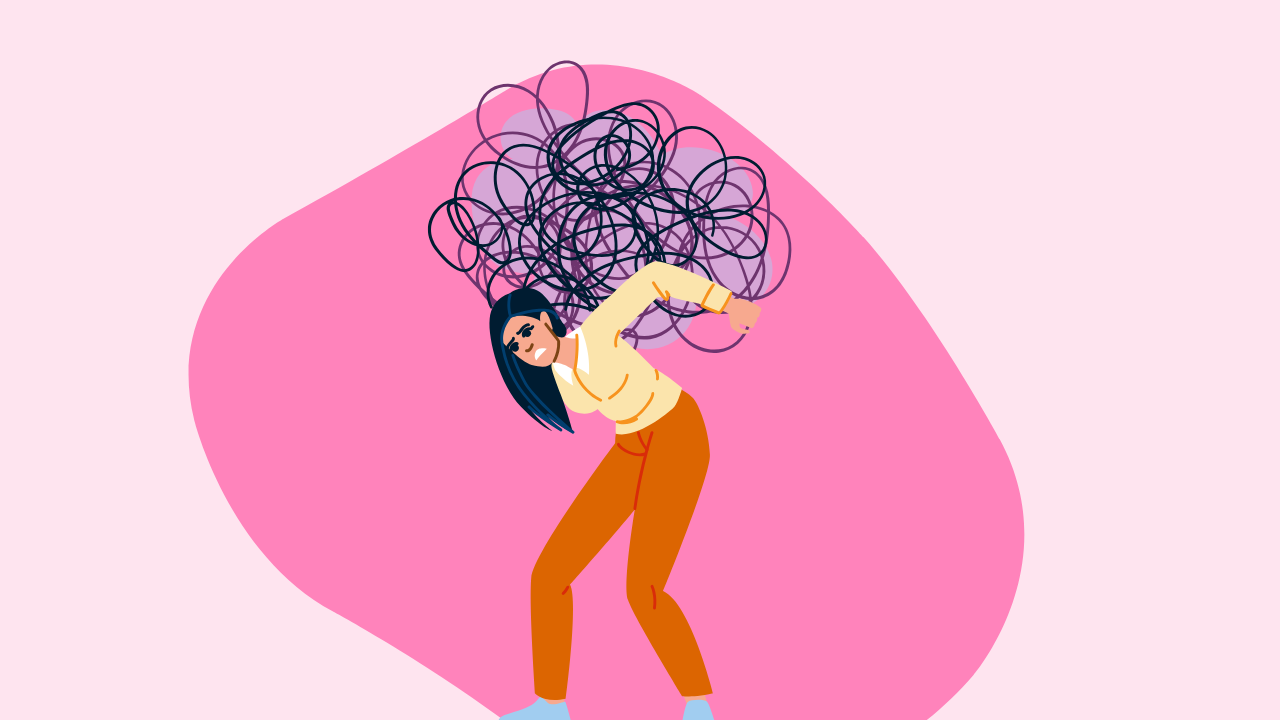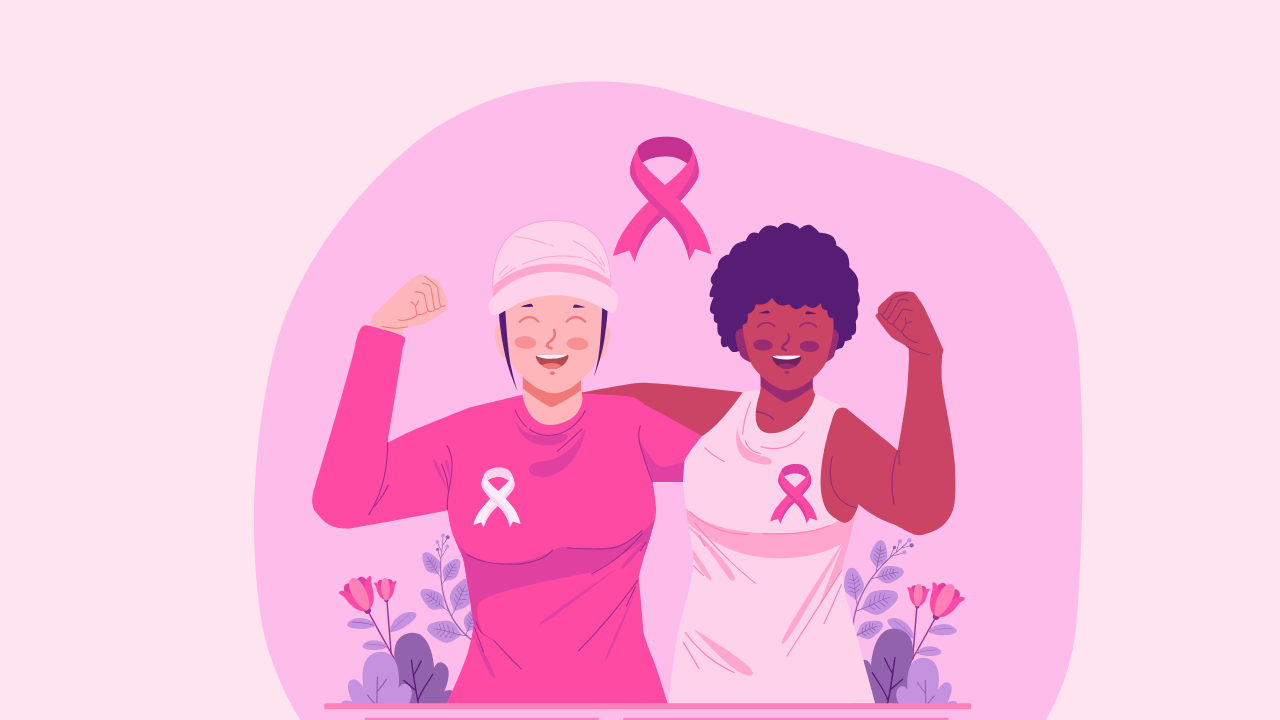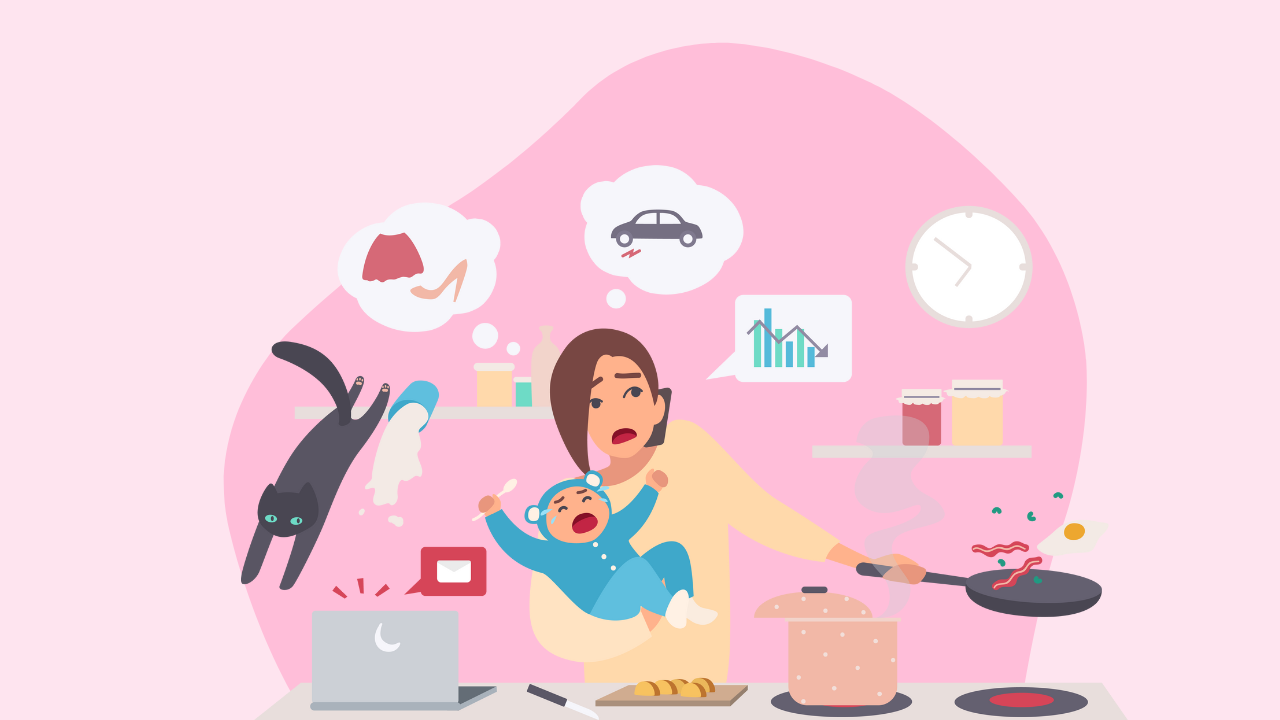Does Sugar Contribute to Cancer Growth?

The topic of food and cancer is rife with controversy and sensitivity.
A common narrative involves assigning blame to dietary habits both before and during a cancer diagnosis. This rhetoric often hinges on a shame-based approach, implying that one's food choices are directly responsible for their illness. This perspective can be damaging, as it oversimplifies the multifaceted nature of cancer and unfairly places the burden of guilt on those already facing a challenging diagnosis.
When someone receives a cancer diagnosis, the search for reasons is natural. People tend to look for tangible explanations within their control, and food, being an everyday part of life, becomes an easy target. This finger-pointing can stem from a broader cultural tendency to associate health with moral virtue, where eating 'right' is seen as a form of personal responsibility and eating 'wrong' as a failure.
However, cancer is a complex disease influenced by a myriad of factors including genetics, environment, lifestyle, and sometimes sheer chance. While diet can play a role in overall health and may influence cancer risk, it is rarely the sole factor. By focusing on food as the primary culprit, we risk neglecting the broader picture and the multitude of elements that contribute to cancer development.
Moreover, this blame-centric approach can lead to feelings of shame and guilt among cancer patients, potentially affecting their mental health and quality of life. It can also create a divisive atmosphere where patients feel judged rather than supported. It’s crucial to recognize that during a cancer diagnosis and treatment, nutritional needs can vary greatly, and maintaining a balanced, enjoyable diet can be more beneficial than adhering strictly to certain dietary dogmas.
Instead of pointing fingers at the “why,” we should approach the topic of cancer with empathy and understanding. Let’s listen to one’s experience without judgement, jumping to conclusions or offering unsolicited advice.
A few things to remember:
- Be Present: Sometimes, the best way to show empathy is just by being there. Whether it’s a phone call, a visit, or a simple message of encouragement, showing that you care can make a big difference.
- Listen Actively: When someone shares their story, listen with your full attention. Show that you’re engaged by nodding, maintaining eye contact, and responding thoughtfully. Avoid interrupting or offering solutions right away. Sometimes, people just need to be heard.
- Validate Their Feelings: Let them know that their feelings are valid and understandable. You might say, “I can see how that would be really tough,” or “It makes sense that you feel that way.”
By focusing on empathy and understanding, we can create a supportive environment for those dealing with cancer. This approach helps them feel respected and cared for, rather than blamed, allowing them to navigate their journey with more confidence and less guilt.







